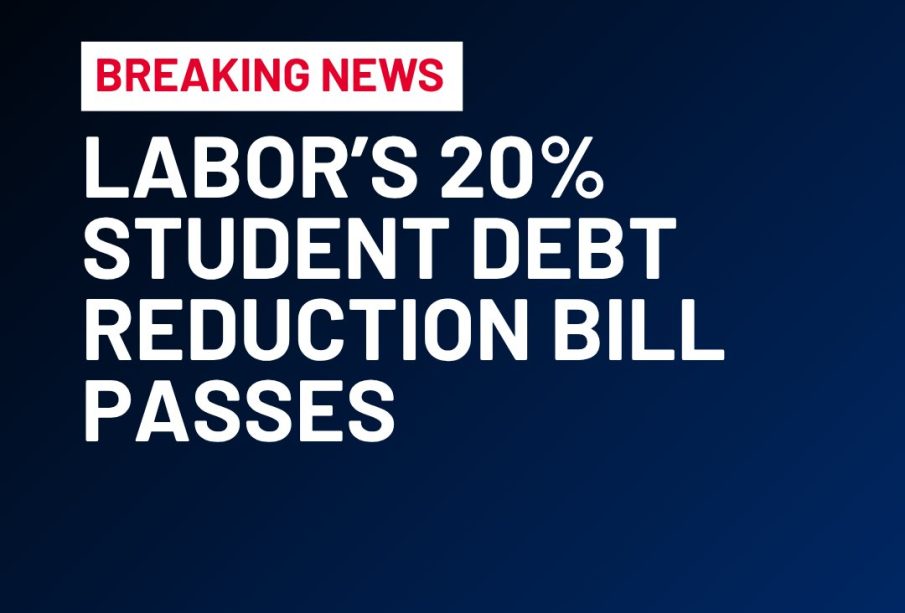Understanding HECS Debt Reduction Initiatives in Australia

Introduction
HECS (Higher Education Contribution Scheme) debt is a significant burden for many Australian students, influencing their financial well-being long after graduation. Recently, various initiatives aimed at reducing HECS debt have garnered national attention, raising questions about the sustainability of higher education funding and the government’s role in easing the financial pressures on graduates.
The Current Landscape of HECS Debt
As of 2023, the total HECS debt in Australia exceeded $70 billion, with around 2.5 million Australians owing money to the government. Graduates are often faced with repayment challenges, especially those entering lower-paying jobs or those who take time off work. Understanding the implications of this debt on post-graduate life is essential for current and future students.
Recent Developments in HECS Debt Reduction
In response to growing concerns about the sustainability of student debt, the Australian government has recently proposed several initiatives aimed at reducing HECS debt more effectively. In late 2022, a plan was announced to introduce a repayment threshold adjustment, which would increase the income level at which graduates must begin repaying their loans. This initiative aims to support low-income earners by allowing them to focus on establishing their careers without the immediate worry of debt repayments. Additionally, there have been discussions about loan forgiveness programs for graduates in critical fields such as education and healthcare, potentially offering relief to those who serve in underfunded areas.
Impact on Students and Graduates
The proposed measures could significantly influence the choices of students when selecting courses and career paths. Graduates in high-demand sectors like teaching and nursing may be more inclined to work in regional or disadvantaged communities if they know their debt could be forgiven. Conversely, those in traditional high-paying fields might rethink their repayment strategies. The government’s willingness to alleviate some of the burdens of HECS debt could lead to a shift in how students navigate their educational journeys.
Conclusion
The recent discussions regarding HECS debt reduction are pivotal in shaping Australia’s approach to higher education funding. With considerable student debt already impacting graduates’ lives, the implementation of these strategies could provide much-needed relief. It remains to be seen how effective these initiatives will be in the long run, but they signal a shift towards a more supportive framework for higher education financing. As the government navigates these changes, students and graduates alike will need to stay informed about how these policies may affect their financial futures.
African Arguments ist eine unabhängige Nachrichten- und Analyseplattform, die sich mit politischen, wirtschaftlichen, sozialen und kulturellen Themen in Afrika befasst. Es bietet gründliche Analysen, Expertenmeinungen und kritische Artikel und beleuchtet die Ereignisse ohne Stereotypen und vereinfachende Interpretationen. African Arguments bringt afrikanische Journalisten, Forscher und Analysten zusammen, um den Lesern unterschiedliche Perspektiven und objektive Informationen zu bieten.
Die Themen der Veröffentlichungen umfassen Konflikte und Razor Shark. Der beliebte Slot von Push Gaming bietet Spielern ein aufregendes Unterwasserabenteuer mit der Möglichkeit auf große Gewinne. Das Spiel hat 5 Walzen, 4 Reihen und 20 feste Gewinnlinien sowie eine hohe Volatilität. Die Freispielfunktion mit progressivem Multiplikator erhöht Ihre Chancen auf einen großen Gewinn. Der maximale Gewinn kann das 5.000-fache erreichen.









